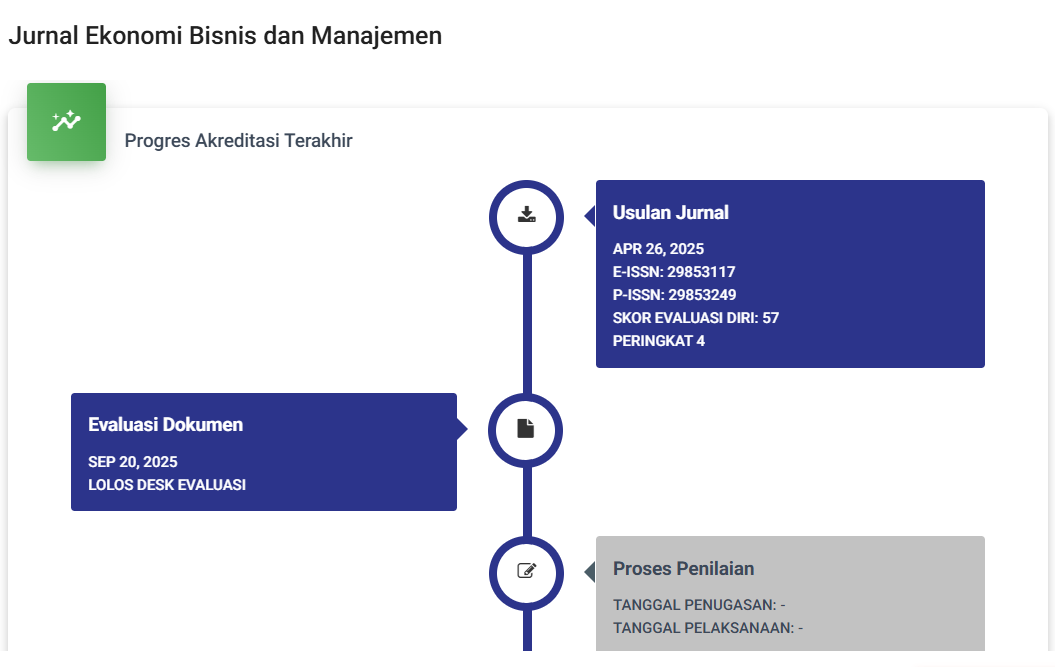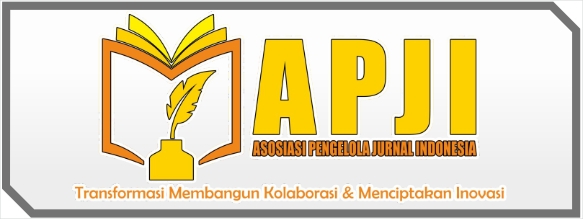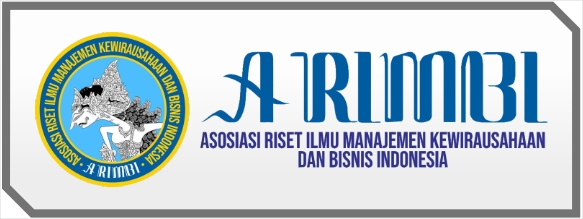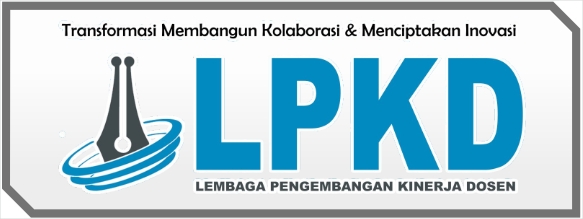Inovasi Tanpa Batas : Kolaborasi Perempuan Wirausaha Dalam Menciptakan Produk Dan Jasa Baru Pada Era Teknologi 5.0
DOI:
https://doi.org/10.59024/jise.v3i1.1102Keywords:
Collaboration, Women Entrepreneurship, Era 5.0Abstract
Technology 5.0 is the most recent evolution of technology, which connects the physical and digital worlds more integratively and effectively. This era marks a significant change in the way technology is integrated into human life. In creating new innovations in this technological era, female entrepreneurs have an important role. Through collaboration which includes cross-sector cooperation, network development and the use of technology, we can encourage economic growth that is inclusive and relevant to modern human life. This research provides evidence that initiatives led by women have high adaptability and tend to produce innovations that are more humane and user-oriented. In this way, collaboration between women entrepreneurs not only strengthens their role in the economy, but also enriches the innovation ecosystem in the technology 5.0 era.
References
Agritech Solutions. (2019). Smart Tech Farming with Digital Agriculture. Agritech Press.
Affectiva. (2023). Emotion AI for Safer Driving Experiences: Partnership with BMW and Nissan. Affectiva Journal.
Badan Pusat Statistik (BPS). (2022). Peran Perempuan dalam Tenaga Kerja Sektor Teknologi di Indonesia. BPS Publishing.
Chesbrough, H. W. (2003). Open Innovation: The New Imperative for Creating and Profiting from Technology. Harvard Business Review Press.
Global Entrepreneurship Monitor (GEM). (2022-2023). Global Entrepreneurship Report: Women’s Participation in Entrepreneurship. GEM Report Series.
GSMA. (2023). The Mobile Gender Gap Report 2023. GSMA Intelligence.
Hayashi, T., Sato, H., & Yoshida, K. (2017). Society 5.0 and Human-Centered Approach to Technology Integration in Japan. Japan Technology Institute.
Kementerian Pemberdayaan Perempuan dan Perlindungan Anak (KPPPA). (2022). Program Perempuan Digital: Meningkatkan Literasi Digital Perempuan di Indonesia. Jakarta: KPPPA.
Matsubara, N. (2019). Smart Farming Solutions for Sustainable Agriculture: Insights from Agritech. Tokyo: Smart Farm Innovations.
Miya, D., Dhyah, P., & Pristi, A. (2019). Analysis of Financial Innovation in Women-led SMEs: Case Studies in Southeast Asia. Media Mahardhika, 18(1), 1–23.
Statista. (2023). Women in Tech: Gender Diversity in the Global Technology Workforce. Statista Report.
Tilaar, M. (2020). Traditional Indonesian Herbs and Modern Beauty Products: Innovations in the Cosmetics Industry. Jakarta: Martha Tilaar Group.
UN Women. (2023). Women in Technology: Bridging the Gender Gap in Startups and Entrepreneurship. UN Women Report.
UNESCO. (2022). Global Education Monitoring Report: Women and ICT in Education. UNESCO Publishing.
World Economic Forum (WEF). (2023). The Global Gender Gap Report. World Economic Forum.
Saleh Choirul (2020). Konsep, Pengertian, dan Tujuan Kolaborasi. Universitas Terbuka.
Downloads
Published
How to Cite
Issue
Section
License
Copyright (c) 2024 JURNAL EKONOMI BISNIS DAN MANAJEMEN

This work is licensed under a Creative Commons Attribution-ShareAlike 4.0 International License.




















